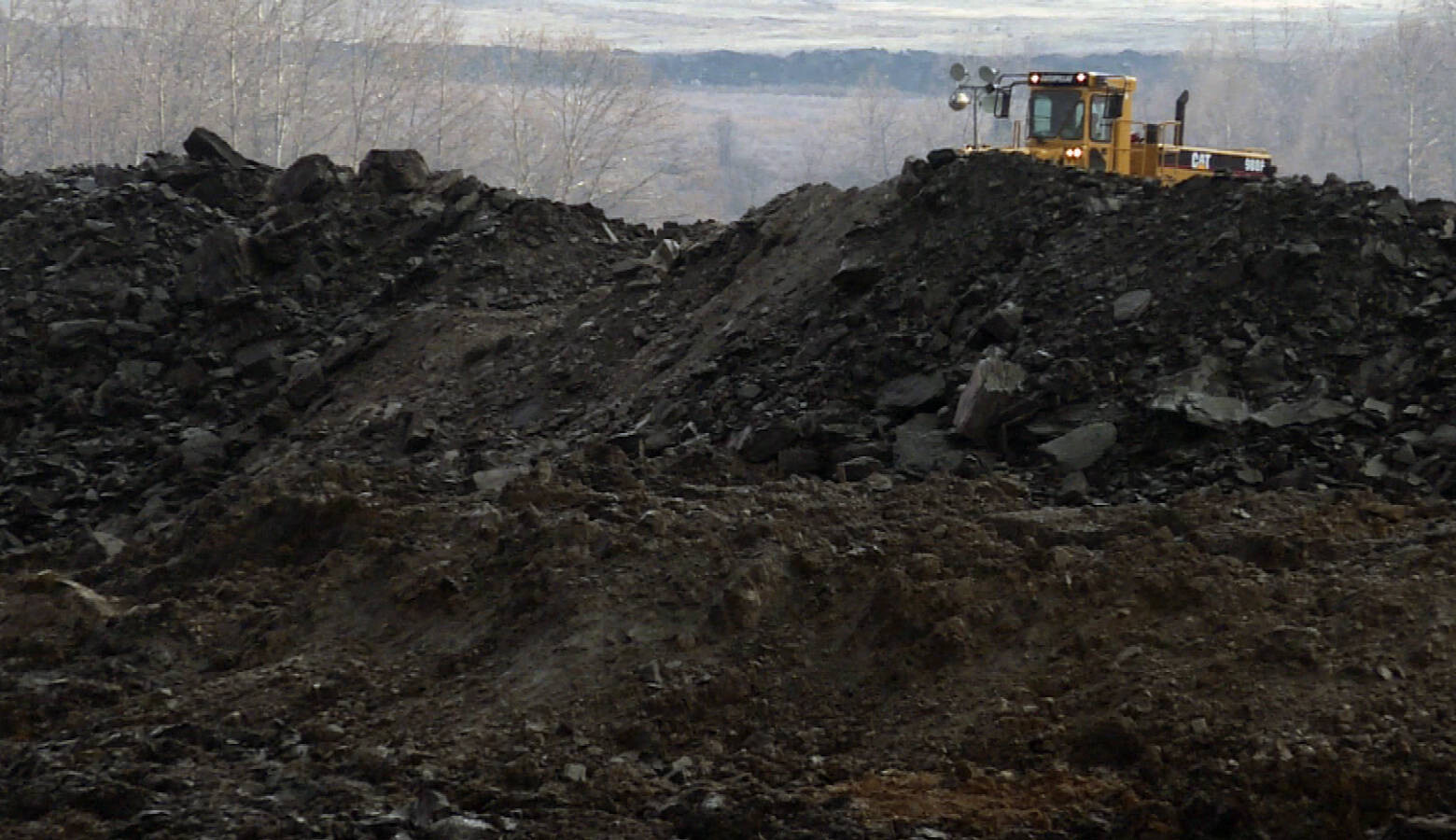The COVID-19 Pandemic Caused A Big Drop In Coal Production In Indiana

COVID-19 has put pressure on Indiana’s already struggling coal mining industry. Coal production dropped by nearly 37 percent last year — more than any of the other top coal mining states. Experts said it’s unlikely coal production in the U.S. will recover to what it was before the pandemic.
The U.S. Energy Information Administration shows overall coal production in the U.S. last year was the lowest it’s been since 1965.
Rosalyn Berry manages the coal statistics program at the EIA. She said the “Stay-At-Home” orders during the pandemic are responsible for a lot of the decline.
“We started using a lot less electricity as a country than we had in the past and that is really what drove a lot of the reductions in coal production and coal consumption,” Berry said.
Some coal mines also stopped operating for long periods of time to reduce the spread of COVID-19 among their workers.
Several coal companies filed for bankruptcy last year — including White Stallion Energy which owned four southwest Indiana mines. Berry said a lot of companies went bankrupt in 2016 too, but many of them consolidated and restructured — leading to a bump in production. The coal industry may not be so lucky this time.
“After the drop we saw in 2020. While [production] is going to come back up, I don’t think it’s going to come back up to the levels we’ve seen even in the last few years,” Berry said.
So far weekly railcar loads this year are up about nine percent compared to the same time last year. Berry said how the coal industry will fare long term really depends on the price of natural gas.
Indiana not only produces a lot of coal, it also used more coal for electricity in 2019 than all but two states — Texas and North Dakota.
Contact reporter Rebecca at [email protected] or follow her on Twitter at @beckythiele.
Indiana Environmental reporting is supported by the Environmental Resilience Institute, an Indiana University Grand Challenge project developing Indiana-specific projections and informed responses to problems of environmental change.


